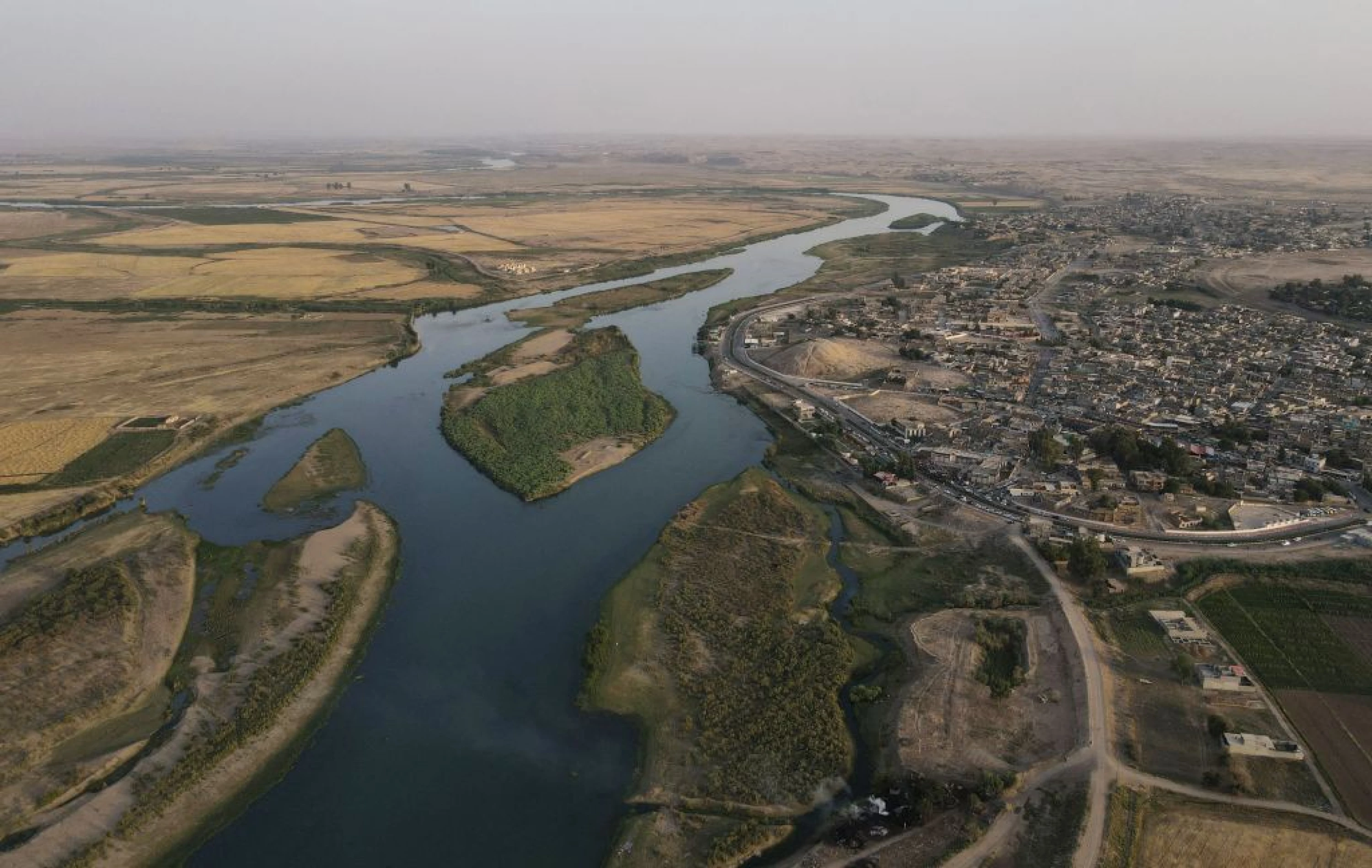ERBIL, Kurdistan Region of Iraq - A top Iraqi official said Saturday that an upcoming visit to Baghdad by Turkish Foreign Minister Hakan Fidan presents an opportunity to secure increased water releases from Ankara, mentioning the possibility of a one billion cubic meter water release into the Tigris and Euphrates rivers, coming as Iraq grapples with longstanding water supply issues.
Turhan al-Mufti, advisor to the prime minister for water affairs, said in a statement carried by Iraqi state media that climate change has sharply reduced rain levels in the region. He said Iraq is among the 15 countries most affected by climate change, and rainfall in the Tigris and Euphrates river basins has dropped by up to 60 percent.
Mufti said the rainfall belt has shifted nearly 100 kilometers north, reducing the water that reaches Iraq. He added that upstream countries such as Turkey and Iran use part of the rivers’ flow inside their own territory before releasing the rest to Iraq, which increases shortages downstream.
He also warned that internal issues are worsening the crisis. Illegal pumps, unauthorized artificial lakes, and farming outside government plans are “draining water resources,” he said. The government is working to remove these violations, but “stronger measures” are needed.
Mufti said Iraq is “for the first time since the state was founded” using economic tools in water negotiations with neighboring countries. Earlier agreements, including a 1946 good-neighbor treaty with Turkey and the Algiers Agreement with Iran, lacked clear language on water quotas.
He pointed to a framework water agreement signed in Baghdad in 2024 between Prime Minister Mohammed Shia’ al-Sudani and Turkish President Recep Tayyip Erdogan. The deal marked the first practical step to negotiate water releases while applying economic pressure, he said.
He said the two sides agreed during meetings on October 10 for Turkey to release one billion cubic meters of water, split evenly between the Tigris and Euphrates rivers, in addition to daily releases.
Mufti noted that parts of southern Turkey are also suffering from water shortages, especially the Tigris River basin, while water storage on the Euphrates is in better condition.
In July, Iraqi authorities announced that Turkey agreed to release an additional 420 cubic meters of water per second to Iraq from the upstream portions of the Tigris and Euphrates rivers.
But despite the agreement, water shortages persist, threatening the livelihoods of millions of residents and worsening an already severe crisis. Turkey has built about 20 dams over four decades, holding roughly 80 billion cubic meters of water – eight times the capacity of Iraq’s Mosul Dam, the country’s largest.



 Facebook
Facebook
 LinkedIn
LinkedIn
 Telegram
Telegram
 X
X


